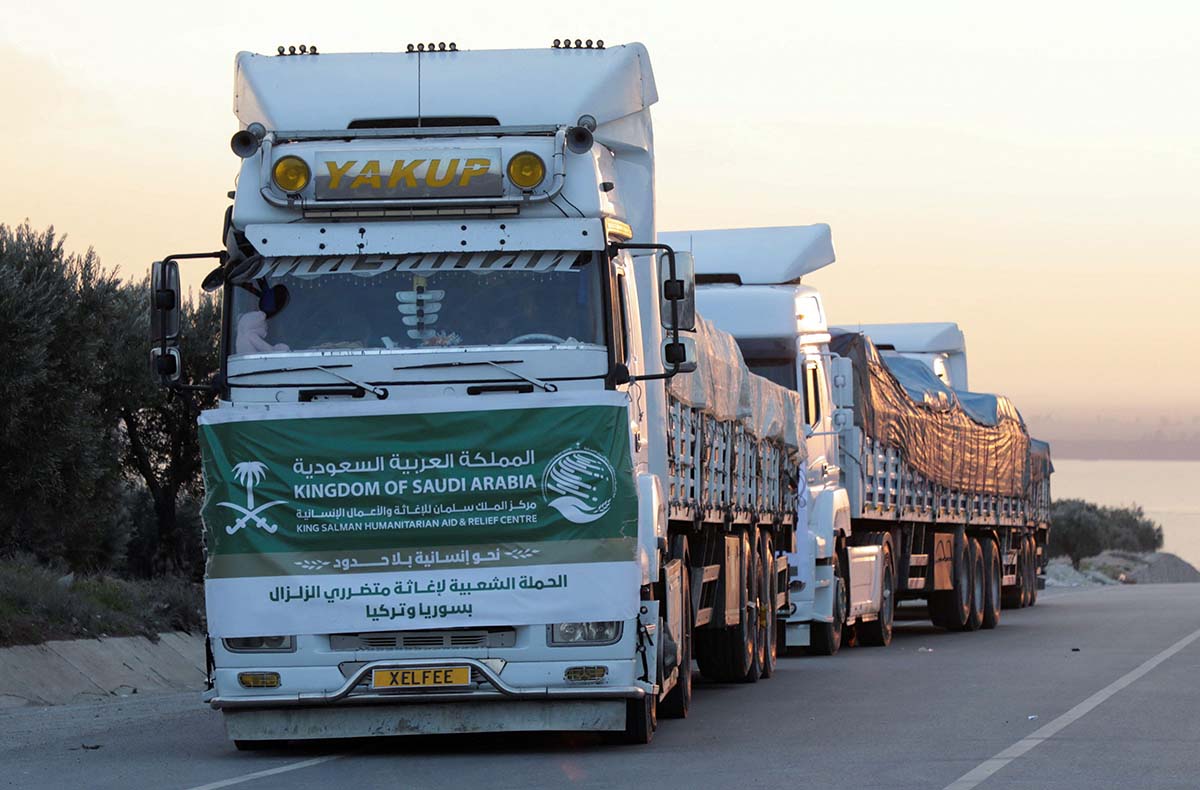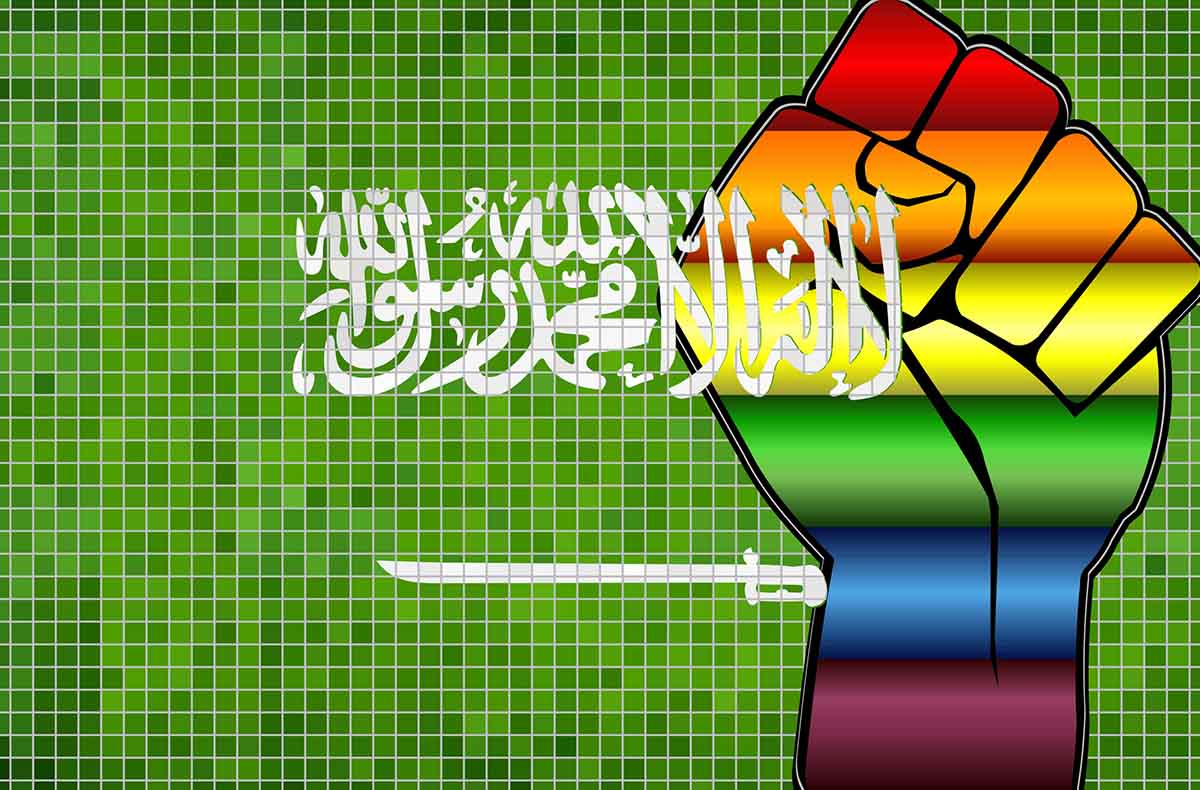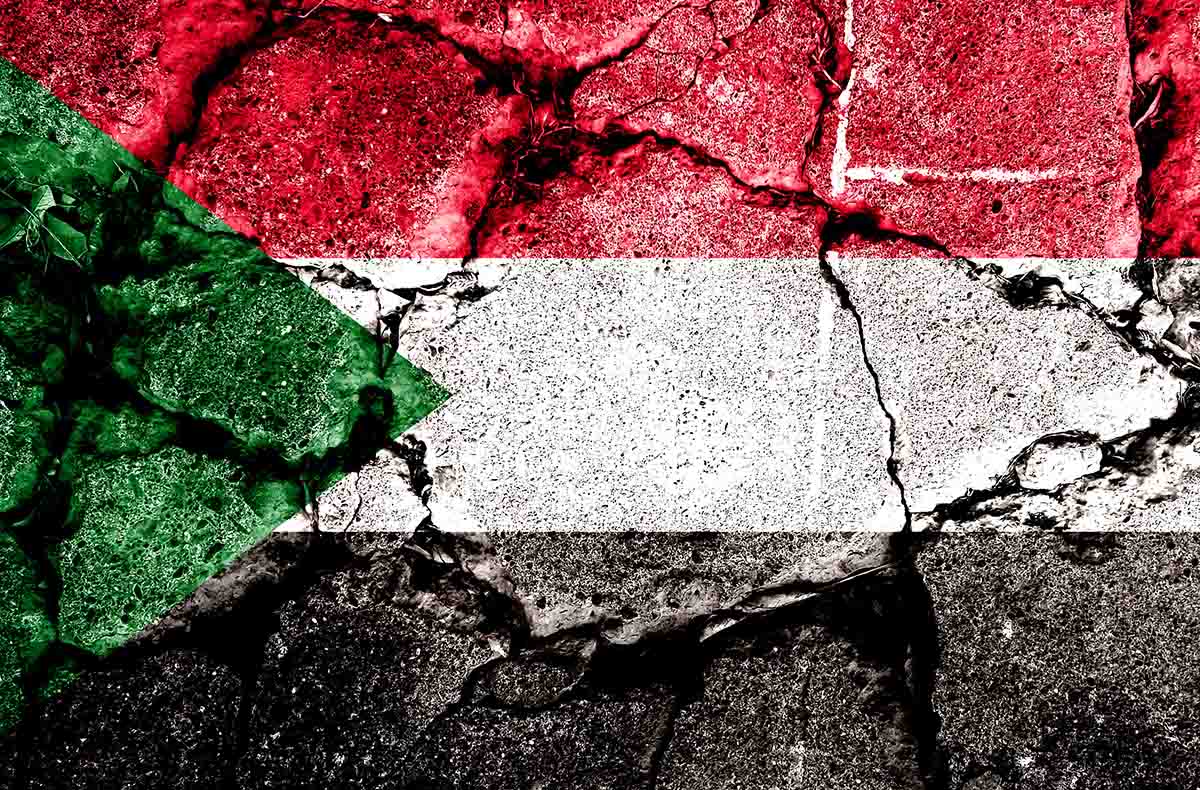
Immediately after the February 6 earthquake in Turkey and Syria which killed more than 50,000 people, the United States announced a six-month exemption in sanctions to facilitate disaster relief. Syria has been under American sanctions since 1979, when the country was designated a “State Sponsor of Terrorism.”
Further restrictions have been imposed over the past couple of decades, especially in the aftermath of the 2011 civil war, culminating in the 2020 Caesar sanctions over Bashar al-Assad’s crimes against Syrians. While the earthquake generated immediate calls to lift the sanctions and fast-track relief efforts, there has been widespread criticism of how the move plays into Assad’s hands with the regime controlling—and misappropriating—the funds that have poured in.
Before the earthquake, Assad relied on support from Iran and Russia to rebuild his power structure. The Syrian president was inevitably going to use any reopening of funding streams to fortify his regime, including bolstering allied militia. Yet it was inconceivable that the Western powers wouldn’t ease supply routes in the aftermath of the most devastating natural disaster in the region for decades.
Optics remain the primary driving force, since of the 10 million Syrians affected by the earthquake, four million were already reliant on humanitarian aid impacted by sanctions. Are victims of manmade disasters less worthy of aid and support?
Whether sanctions should either exist at all times, or not at all, is a theoretical argument that can only be conducted in a vacuum devoid of geopolitics, economics and ideology. But since actual human beings are suffering in very real ways, those genuinely aiming to prioritize relief over drum beating philosophies need a mechanism of support that goes beyond relentlessly echoing ideological tribalism.
The question is similarly pertinent over the fate of the 40 million Afghans waiting for the world to reach an impossible global consensus on whether they are victims of Western imperialism or Jihadi colonization.
Meanwhile, two-thirds of the Afghan population needs food assistance as the country’s assets remain frozen under the Taliban regime. The West’s “principled” stand against Taliban-enforced gender disparity is now pushing more women and girls towards existential hunger in the country. They already faced food discrimination in pre-Taliban Afghanistan, a situation exacerbated by the sexism implicit in some forms of Islam.
Indeed, if there were a principled Western stand against gender apartheid in Afghanistan, the United States would not have spent hundreds of billions in Saudi Arabia over the past five decades, a large proportion of it in military trade.
Those deals, in addition to the Saudi investments in America that amount to trillions of petrodollars, mean that Riyadh could never be designated a state sponsor of terrorism despite its proximity to the 9/11 attacks.
Of course, any energy spent on expecting the powerful and the weak to be treated identically can be better spent in endeavors that might be more beneficial to the latter. There are organizations directly providing relief—with or without sanctions—to earthquake victims in Syria and the most desperate Afghans. Additionally, there are many groups using informal means to provide aid to those in need.
These operations use various mechanisms to transfer money without moving cash, such as the hawala system in Syria and Afghanistan. With the right backing this sector can be utilized with relative proofing against regime misappropriation. What remains critical in providing any support to these informal organizations is ascertaining their objectives, which in turn necessitates a longer-term endeavor to amplify humanist narratives aimed at creating a superstructure for humanitarian support.
The Muslim world can build these narratives by putting pressure on the two states responsible for the pulverization of the region: Saudi Arabia and Iran. While the latter has its own economic crisis to contend with, the former is now a trillion-dollar economy with the al-Saud family arbitrarily controlling the Islamic holy sites and claiming leadership of the entire Muslim Ummah, which it has used as fodder for its Jihadist power-plays.
As economic considerations are pushing a rethink on radical Islam for Saudi Arabia, the Muslim world needs to echo calls for fiscal support to the very people that the kingdom claims to represent. The Arab states can aid the Syrians, whether or not they fast-track Syria’s return to the Arab League, and they can support the Afghans without any formal ties with their decades-old allies, the Taliban.
Muslims have the power to delegitimize the al-Saud family’s stranglehold over Islamic sites and affect it economically by refusing to partake in Islamic pilgrimages and prioritize helping crisis-hit Muslims over any rituals.
The groups and voices aligning with this accountability narrative need to be emboldened globally, including in the West, to confront Islamist inertia. This inertia means there have been more vocal condemnation among Muslims for Halloween celebrations in Saudi Arabia than criticism of the kingdom’s persistent abandonment of Muslims whose bloodshed and suffering it has caused—from refugees to those in crisis at home.
Delegitimizing radical ideologies and working towards consensus-building will go a long way in aiding desperate Muslim communities, from Syria to Afghanistan, from Yemen to Palestine. At a time when the Arab states are claiming to spearhead reforms, they should be asked to put their money where their mouth is, at a scale beyond the pockets of the royal families.



